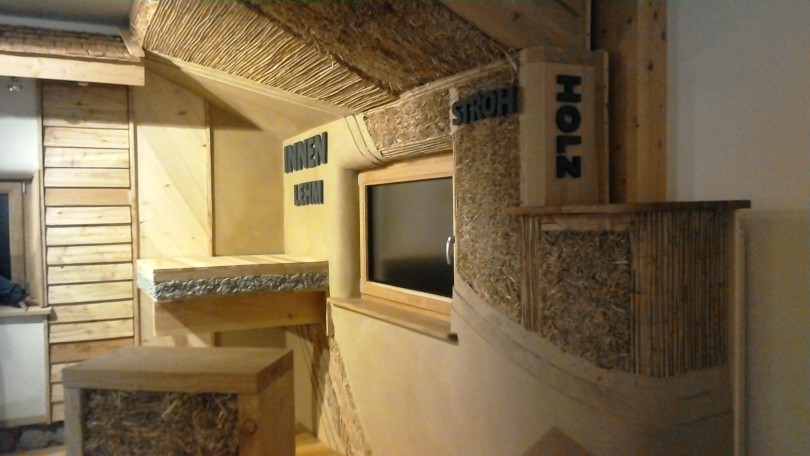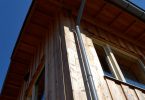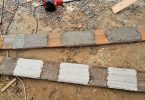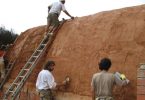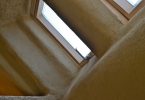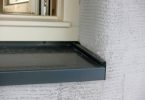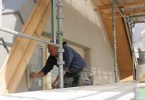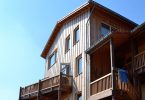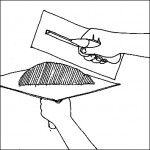
Objectives
Trainees are …
- explain the basic functions of outside finishes (renders) and inside finishes (plasters)
- explain various methods of rendering, work out advantages and disadvantages of each and can address important concerns of the methods
- explain several types of rendering
Methods:
- Lecture/Talk/ Explanations on clay and lime rendering.
Skills:
- know the basic functions of outside finishes (renders) and inside finishes (plasters)
- know various methods of rendering, work out advantages and disadvantages of each and can address important concerns of the methods
- know several types of rendering
Theory:
- The different functions of renderings and plasters:
- Fire protection
- Weather proofing
- Air tightness (inside) & Wind tightness (outside)
- Humidity regulation
- Permeable qualities in relation to humidity (liquid, gas)
- Thermal mass performance
- Structural performance
- Rodent and insect protection
- Design and decoration
- Acoustic performance
- Electromagnetic wave radiation performance
- The appropriate design for choosing outside rendering according to local climate.
- Function and physics of different layers of plaster.
- The function as load bearing material.
- How they are applied on each other (from hard to soft).
- The basics about earth / clay as binding material.
- The basics about lime as binding material (air, hydraulic).
- The basics about coating with paint and its function for humidity regulation.
- Organize building site, check scaffolding condition, materials and tools according to the topic.
- Calculate the quantities of materials needed
Materials/Documents: U5 S1 Session Plan
Training Time: unknown at this point
